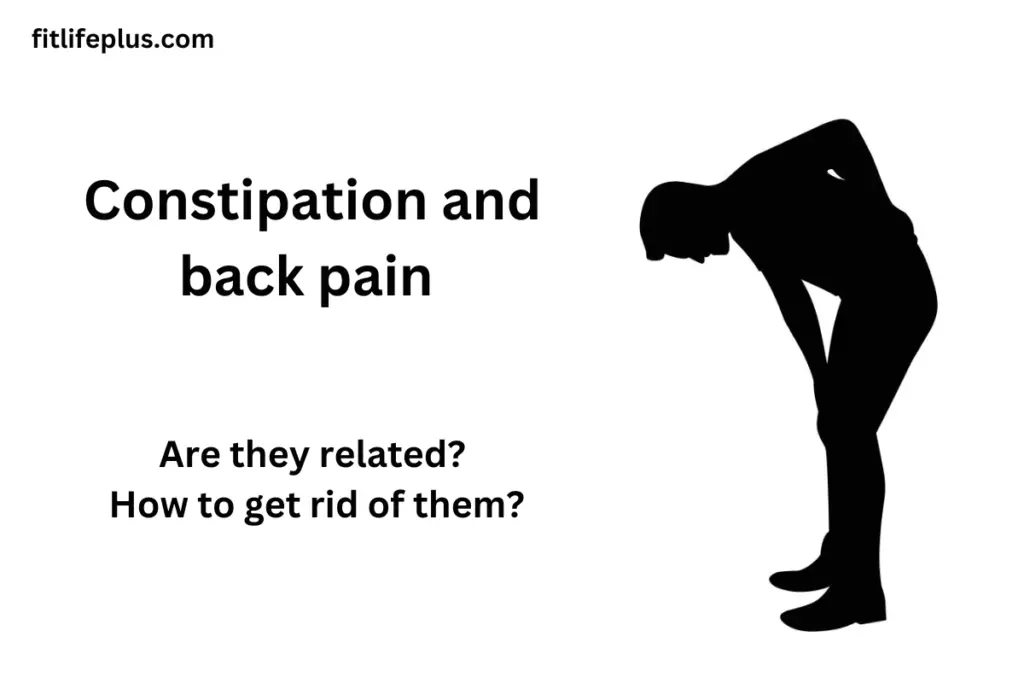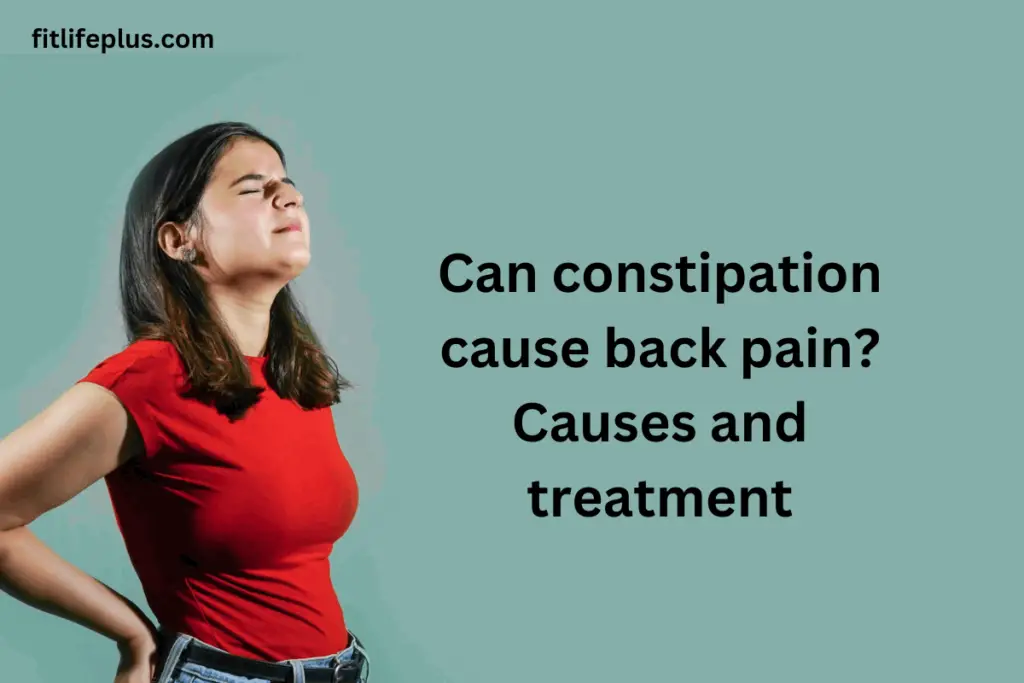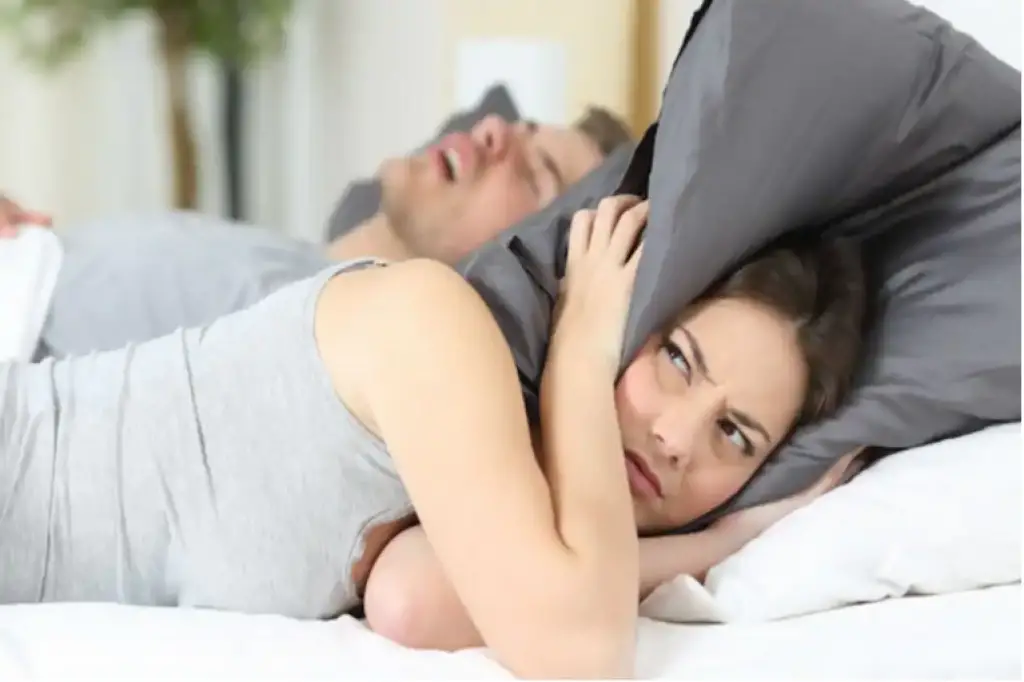Constipation and back pain are both common conditions. In many cases, they come together. According to the research, there is a link between constipation and back pain.
Constipation can result in back pain in many cases. In other cases, the root cause of your back pain can also result in constipation. For example, you can have an infection or tumor that can impact your spine and result in back pain. If the constipation is severe, consult a doctor immediately.
Constipation is quite common, and sometimes it comes with back pain. Let’s look at how these two can occur together and how they can find relief.
Can constipation cause back pain?
Constipation is when you have less than three bowel movements per week. It also means that you will have to put effort into having a bowel movement. Some other common symptoms of constipation include:
- Having lumpy or hard stools
- Feeling full all the time
- To altogether remove the rectum, you may have to use your finger
- Pressing your hand on the abdomen to encourage the bowel movement
- After having a bowel movement, you can still feel the stool in your abdomen
- Feeling a blockage that hinders the bowel movement
- Feeling the pain while having a bowel movement.
Causes of constipation with back pain
There are many different causes of constipation. It might be challenging to recognize the exact primary cause of constipation. Here are some of the possible causes of constipation.
- Low fiber diet
- Colon or rectal cancer
- Certain medications
- Bowel obstruction
- Specific medications
- Low physical activity
Fecal impaction
The fecal impaction is a severe condition in which the stool cannot pass through the rectum and colon. It can cause extreme pressure on the organs. In such cases, if you don’t seek proper medical help, you will suffer severe pain and even damage to the organs.
Other lower back pain symptoms include fecal impaction, nausea, incontinence, and headache. They can appear gradually and can even at once. With time if the blockage is not removed, you can experience the severity of the symptoms.
The main reason for fecal impaction is untreated and frequent constipation. Constipation effectively affects the rectum and colon and makes them more restrictive by applying pressure and tightening it. It can even result in the build-up of stools, and when it gets significant enough, it can result in fecal impaction.
General constipation
The leading cause of the lower back pain is constipation. The blockage of the fecal matter in the digestive tract can press on the muscles and nerves of the body. It causes the feedback of the sensations to worsen on its mass growth steadily.
The symptoms of constipation include acute, chronic back pain, difficulty in bowel movement, back pain while defecating, and lumpy stools. You may also experience the swelling, fullness feeling that remains even if you haven’t eaten yet.
Sometimes it’s the reverse.
Backpain causing constipation
Sometimes the situation is reversed, and the back pain is the leading cause of constipation. When you have back pain due to infection, a tumor that is putting pressure on the spinal cord, spinal cord injury, or maybe a nervous system disease, it can cause constipation.
In such a condition, the body develops a condition known as the neurogenic bowel, which can cause severe pressure on the back pain. It’s not that only constipation can cause back pain, as sometimes it’s the other way around.
Treatment for back pain and constipation

To treat constipation, doctors first recommend changing how you eat. Experts recommend you add more fiber to your diet to soften your stools and make the process easy.
If constipation continues, then start taking the prescribed medications.
Your doctor will assist you in changing your diet and tell you when to stop taking medications.
Here are some of the common treatments for constipation:
- Add more fiber to your diet.
- Regular exercise
- Improve your physical activity schedule, as regular exercise promotes blood circulation and improves bowel movement.
- Increase your water intake.
- Start following a regular bowel movement schedule.
Many over-the-counter stool softeners can help with temporary constipation. For chronic constipation, consult your doctor to eliminate the chronic cause.
Does Constipation cause lower back pain?
Due to the fecal impaction in your intestine, there will be dull aching or lower back pain. Generally, when constipation results in lower back pain, it usually fades away when you start having regular bowel movements.
Fecal impaction is another common cause of lower back pain. It’s a condition in which a piece of hard stool gets stuck in your rectum and colon, putting extra pressure on the body.
Its common symptoms include bloating and back pain. If you are suffering from this, make an appointment with your doctor to immediately get rid of it.
Can constipation cause upper back pain?
Yes. Constipation can result in upper back pain though it’s not as common as lower back pain. You can have constipation due to the upper back pain that results from the injury and other situations that can affect your nerves.
For example, the herniated disc can put pressure on your nerves that control bowel movement. A spinal cord injury or a muscle strain can also affect your spine, leading to upper back pain that causes constipation.
If you have both conditions, you can make an appointment with your doctor for the diagnosis and proper treatment.
Can constipation cause severe back pain?
Constipation doesn’t cause severe back pain but can be a side effect. Most people report a dull ache and not severe back pain. Constipation that comes with severe back pain can result from the following:
- Parkinson’s disease
- Spinal cord injury
- A pinched nerve in the back
- Tumor on the spine
- Irritable bowel syndrome
FAQ’s
Which part of the back hurts more with constipation?
Constipation swells the intestine with the hard and retained fecal matter, resulting in pain and discomfort in the back and abdomen. The backup of the stool radiates pressure on the surrounding part of the body.
Can the bowel blockage cause back pain?
The blockage in the bowel between the rectum and colon creates a dull ache that extends to the abdomen to the lower back.
Can constipation result in back pain or leg pain?
The common symptoms of constipation include acute or chronic back pain, infrequent bowel movements, pain in the lower back while bowel movement, and hard and lumpy stools.
How long does constipation last?
The usual timing of the bowel movement varies from person to person. Some people have three times a day, while others have a few times a week. But going without any bowel movement for three consecutive days and even more is generally too long.
Conclusion
It can resolve on its own by changing your diet plan and increasing your water consumption. Sometimes when the constipation issue is resolved, the back pain starts reducing and even disappearing. If that’s not the case, consult your doctor to find the best option to relieve the back pain.
If you have severe back pain and constipation, consult your doctor immediately to prevent worsening symptoms.





